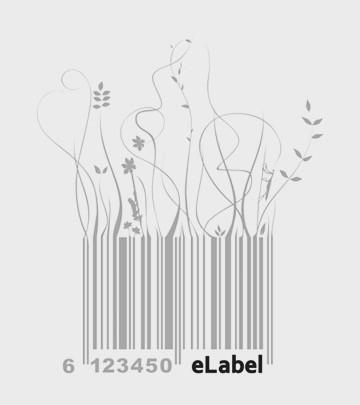Buying local doesn't grant us permission to look away from vetting the sustainability of our purchases.
Creating ethical goods is a requirement in today's world. In order to play in today's clothing game, suppliers must produce ethical goods, which will get them an entry ticket to the stadium of contenders. If you know me, you've heard me use this analogy. That is just tickets to the park. In order to get noticed there, suppliers must be fairly priced, well made, innovative, stylish, and in the case of my little blog here....made in the US of A.
Groceries Apparel, explained it far better than me, when they said, Organic cotton is not organic, it is just normal cotton. Non-organic cotton is toxic cotton. Ethical manufacturing is now the norm. This is not how to differentiate yourself, because everyone should be doing it! Suppliers are at risk if they aren't participating.
Sounds easy, but the truth is, determining the sustainability of a garment can sometimes be quite complicated and downright overwhelming. We know organic cotton uses less water than cotton, but what the organic cotton was shipped across the globe vs local regular cotton. Which would be less of a carbon footprint? One company's Polyester received Cradle to Cradle certification while Polyester by another received Cradle to Grave.
Shopping cannot, and should not, become a research project for the conscious consumer. We are overdue for an update to the U.S. label law, which currently requires apparel products sold in the USA be labeled with: fiber content, country of origin, manufacturer and care instructions.
There are organizations working on different scorecards, but there is not a universal system in place. To implement one as being mandatory would be a dream! We would love a law that supported universal labeling standards including:
- Carbon footprint (how much energy did it take to make the item)
- Environmental, Fair Trade, Animal and Humanitarian scores
- Percent of materials originated in USA/Remaining materials sourced from xyz
There is a lot of opportunity in this space, especially to offer something universally understood and used by all. In doing research for this post, we found a number of great companies looking to create a comprehensive evaluation system (like e-label and Passport)
Some of the other companies that measure product and/or company impact used today in the textile and garment industry are:
- Higg Index (product footprinting tool, with a version for consumer use to be released in 2020)
- Cradle to Cradle (guides designers and manufacturers through a continual improvement process that looks at a product through five quality categories — material health, material reutilization, renewable energy and carbon management, water stewardship, and social fairness)
- Made By (progress tracking tool to support brands and retailers in improving their sustainability performance through measuring and communicating year-over-year progress)
- Carbon Trust (software to measure company's carbon footprint)
- GOTs (Global Organic Textile Standard backed by independent certification of the entire textile supply chain)
We plan to write to the Federal Trade Commission to request an improvement and increase in transparency to our current Label Law. Perhaps there is something already in the works. If you are interested in their reply, or also support this measure, please contact us directly at hi@madelokal.com!
image courtesy of @e-label.org



Leave a comment